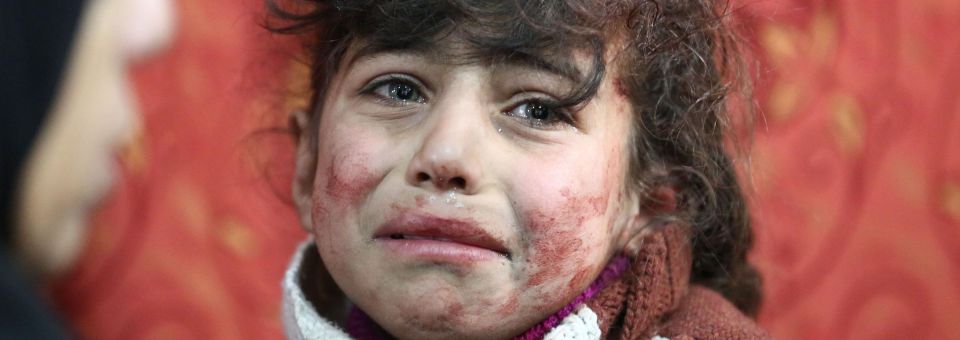- About
- Topics
- Picks
- Audio
- Story
- In-Depth
- Opinion
- News
- Donate
-
Signup for our newsletterOur Editors' Best Picks.Send
Read, Debate: Engage.

| topic: | Political violence |
|---|---|
| located: | Russia, Germany, United Kingdom |
| editor: | Igor Serebryany |
A vocal critic and political opponent of the Russian President Vladimir Putin was airlifted to Germany on Saturday after spending two days unconscious in a hospital in the Siberian city of Omsk.
Alexei Navalny, 44, who has been one of a few Russian politicians daring to oppose authoritarian president, fainted on Thursday, 20 minutes after boarding a commercial flight to Moscow from the city of Tomsk in western Siberia, where he had inspected a local office of his anti-corruption foundation. The plane made an emergency landing in Omsk where Navalny was hospitalised.
Navalny's sudden illness immediately raised suspicions that the politician was poisoned when drinking tea in Tomsk airport's departure hall – medical reports from the Omsk hospital were also conflicting. Initially, the doctors said they found traces of cholinesterase hallucinogen in Navalny's urine and blood. However, after several unidentified men in plain clothes visited the hospital, doctors dropped the initial diagnosis and insisted that no trace of any external substance has been found in Navalny's body.
During the two days Navalny spent in an induced coma in Omsk hospital ward, the administration did not let anyone, including his wife Julia, visit the patient. The hospital's authorities also refused to transport Navalny to another medical facility, citing the "poor state" of the patient.
Navalny's supporters demanded the opposition campaigner be transported abroad as they feared that those who spiked "hallucinogens" in his drink could be unhappy that their target survived.
On Saturday, Navalny was finally airlifted to a German hospital with the help of the Cinema For Peace Foundation. German authorities confirmed they admit a "certain probability" that their Russian "guest" (as they describe him) was poisoned. On this basis, Navalny needs to be protected, the Bundesrepublic's spokesman Steffan Seibert said.
Navalny's supporters are nearly 100-per cent convinced that the opposition politician was poisoned because of a striking similarity between his case and those of Putin's many other opponents.
Russian observers point out at similarities of symptoms experienced by an opposition journalist Anna Politkovskaya. She was poisoned before boarding a flight to Chechnya during a war there but survived – only to be shot and killed at her house doorsteps in 2006.
The same year, Alexander Litvinenko died in London after drinking tea with two Kremlin agents. Also in Britain, former KGB high-ranking officer Sergei Skripal and his daughter were poisoned but survived. Finally, Petr Verzilov, a husband of an all-girl Pussy Riot punk group singer, was hospitalised in 2018 with contamination and was airlifted to the same Berlin hospital where Navalny is being treated now.
In July, Navalny had to close his foundation after a Moscow court gave it a multi-million fine which the organization was unable to pay.
Image by Alexey Yushenkov / Алексей Юшенков, CC
